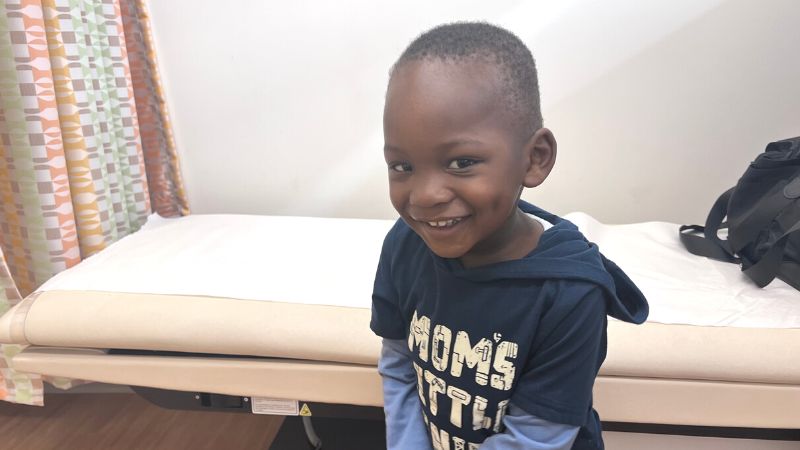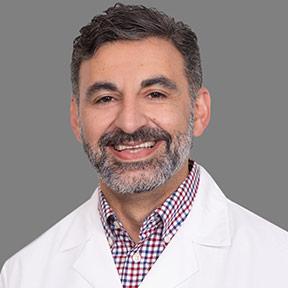Congenital heart defects are the most common type of birth defect. They are structural abnormalities of the heart that are present at birth. Congenital heart defects can affect the function of the heart to provide oxygen-rich blood to the body. There are different ranges of heart defects, some are mild, such as a small hole between the chambers of the heart to more severe form that need surgical intervention in infancy.
It is important to know the signs and symptoms of congenital heart disease so you can get your child the care they need as soon as possible. Symptoms of congenital heart defects depend on the type and severity of their condition. Some patients born with congenital heart defects may not have any symptoms until well into adulthood. Our Pediatric & Adult Congenital Cardiac Surgery Program is designed to diagnose and treat patients with congenital heart defects at all stages of their life.
What are the symptoms of congenital heart disease?
Symptoms in infancy may include:
- Difficulty or fast breathing
- Cyanosis (pale gray or blue coloring of the skin)
- Shortness of breath or sweating during feedings
- Poor feeding and slow weight gain
In older children and adults, symptoms can include:
- Becoming tired or shortness of breath easily during exercise or activity
- Chest pain
- Palpitations (heart racing)
- Fainting or near fainting episodes especially during activity
How is congenital heart disease diagnosed?
If there are any concerns about congenital heart disease in your child, our pediatric cardiologists may use these tests:
- Echocardiogram: an ultrasound that shows the anatomy and function of the heart
- Electrocardiogram: This test records the heart’s electrical activity
- Chest X-ray
- Holter Monitor: a home cardiac monitoring study
- Cardiac CT or MRI
What are some treatments for congenital heart disease?
Treatments for congenital heart defects depend on the type and severity of the defect. Mild forms may not require any treatment. In more severe forms treatment is needed during infancy and/or childhood. Some children may require multiple procedures or surgeries throughout their lifetime.
If your child is diagnosed with a congenital heart defect, it is important to familiarize yourself with your child’s condition and follow up with your child’s cardiologist on regular basis. Keep an eye out for worsening or new symptoms and be aware of any lifestyle adjustments recommend by your child’s cardiologist.
The Children’s Heart Institute at MemorialCare Miller Children’s & Women’s Hospital Long Beach provides total prenatal, infant, pediatric, and young adult heart care for patients with congenital heart disease, patients who have a family history of heart problems, or kids and teens who are diagnosed with a congenital heart defect later in life. The state-of-the-art equipment at the Children’s Heart Institute empowers doctors with improved visual insight to make informed treatment decisions for patients.




